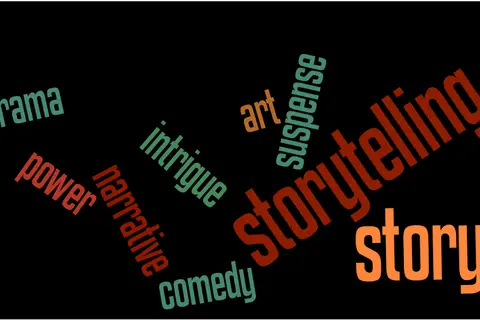Breaking the shackles
GangIn a partnership that has spanned over a decade, Heartlines and the Department of Correctional Services are proving that the greatest form of rehabilitation for South African prisoners is to change how they view their role in society, and equip them with the right tools to help them become equal participants in SA’s economy.
Access to money and how money is spent is one of the greatest challenges prisoners face, perhaps more so for those who are reintegrating into mainstream society, outsides of the structured confines of prison life.
There is also the issue of relationships: whether it’s cultivating positive relationships within prison, mending broken ones outside of prison or earning the trust of others to develop new ones.
However, most important is the underlying issue of behaviour.
Heartlines is currently rolling out the Moral Renewal Dialogues programme, in partnership with the Moral Regeneration Movement, and with participation from spiritual workers, volunteers, offenders and correctional officials.
Through specialised workshops, Heartlines is using its founding eight values programme to impact the lives of all members of the correctional system, as well as spear-heading Heartlines for Youth, Values and Money and the soon-to-be-introduced - What’s Your Story? campaign.
“Our Values and Money campaign has had an impact on officials such as warders and guards, who are struggling financially and resort to smuggling goods into the prison,” says Gosiame Masike – Heartlines’ Correctional Services Team Leader.
“Through our eight values, we discuss codes of ethics and conduct, as well as create physical activities which foster positive interactions between offenders and officials,” he adds.
Prisoners who have participated in Heartlines’ rehabilitation programmes have shown great enthusiasm towards the positive impact they are experiencing in their lives.
Proving to be highly popular is Values and Money and prisoner’s interaction with Heartlines’ film Nothing for Mahala. One prisoner expressed how he has changed his perspective on spending.
“It’s about doing things for the future. Your children can go to school, you can buy a house. It taught us how to budget for things and to buy it cash and you will have more than what you budgeted for in the end,” he said.
Featured





